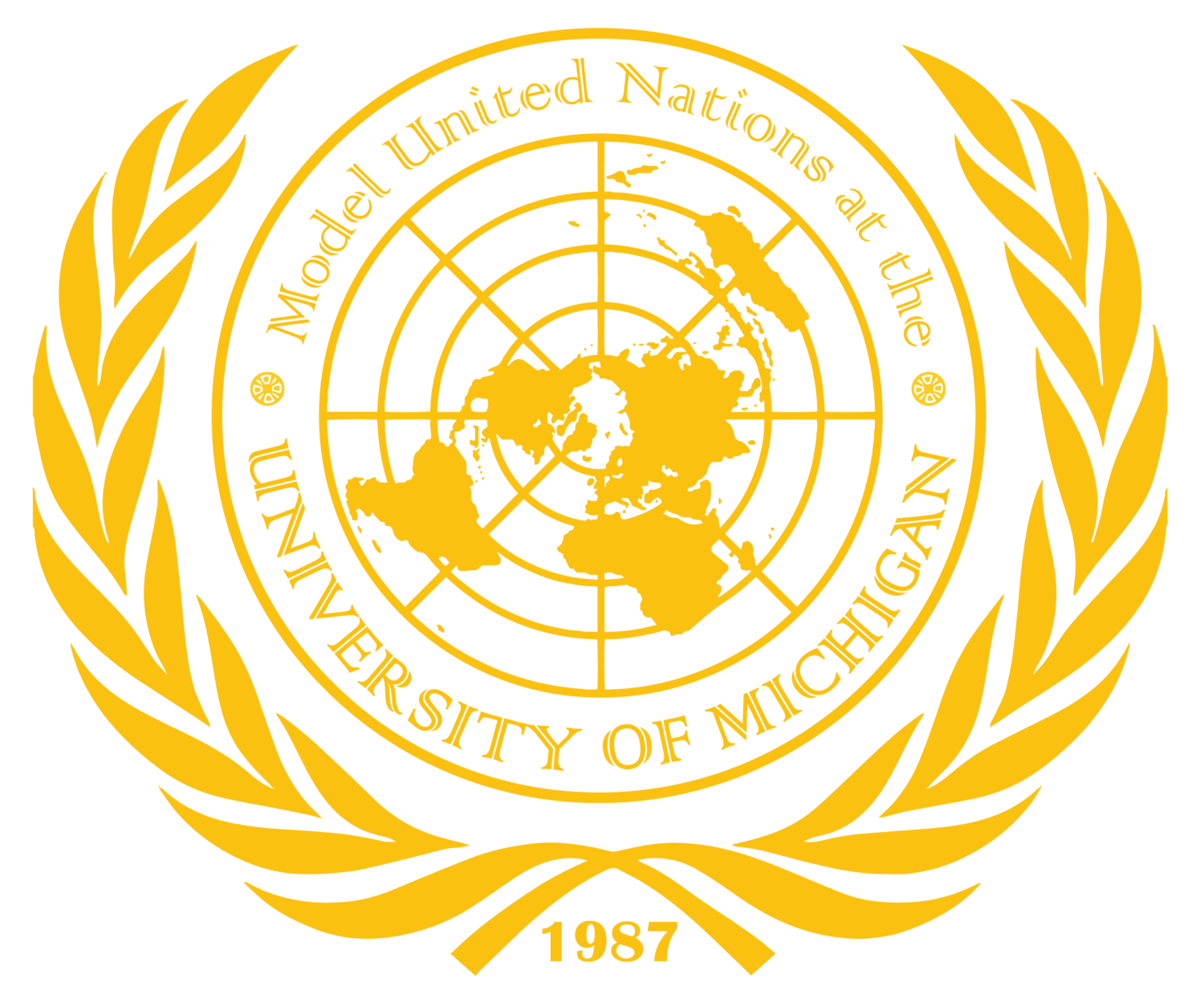By: Amita Gowda
The next step of the Mexican governing body is to create a Constitution. Throughout multiple moderated caucuses, the body discussed various topics that they want to be implemented in the formal document. Many directives were also passed to the chair, but many were sent back because the chairs thought they could be passed in the Constitution (there was no need in passing a piece twice). Most of the directives had similar topics and opinions, but some had different perspectives.
Mexico initially wanted independence because they no longer wanted to be bossed around by Spain. It is no wonder almost one-quarter of the committee stood up during a moderated caucus to say that the first order should be to make sure every citizen gets equal rights and equal say in the government. For some politicians, this means abolishing the caste system in which rich citizens get more benefits than the poor citizens. One of the many suggestions was to heavily tax the rich. Similar comments were made in regard to wealth redistribution in favor of the poor. However, one delegate argued against this by saying that heavily taxing the rich would discourage them from making money, consequently harming the already unstable economy.
The style of government was discussed a few times during a moderated caucus as well. The two main types of government debated were a centralized government and a federal government. A centralized government is one in which all of the power goes to one single authority or one group of people. An insurgent leader said this method would create immediate trust among the small board and overall, work more efficiently. A federal government is a system that divides up power between one strong national government and multiple local governments. Another delegate argued that a federal government would make sure that an imperial system — in which a country extends its power and influence through diplomacy and military force — would not eventually develop.
Once the discussion of the topics in the progressing Constitution reached a certain point, the chair encouraged everyone to get started on debating those topics. The IPC wishes them the best of luck in writing a Constitution that would be fit for both the government and its citizens.
